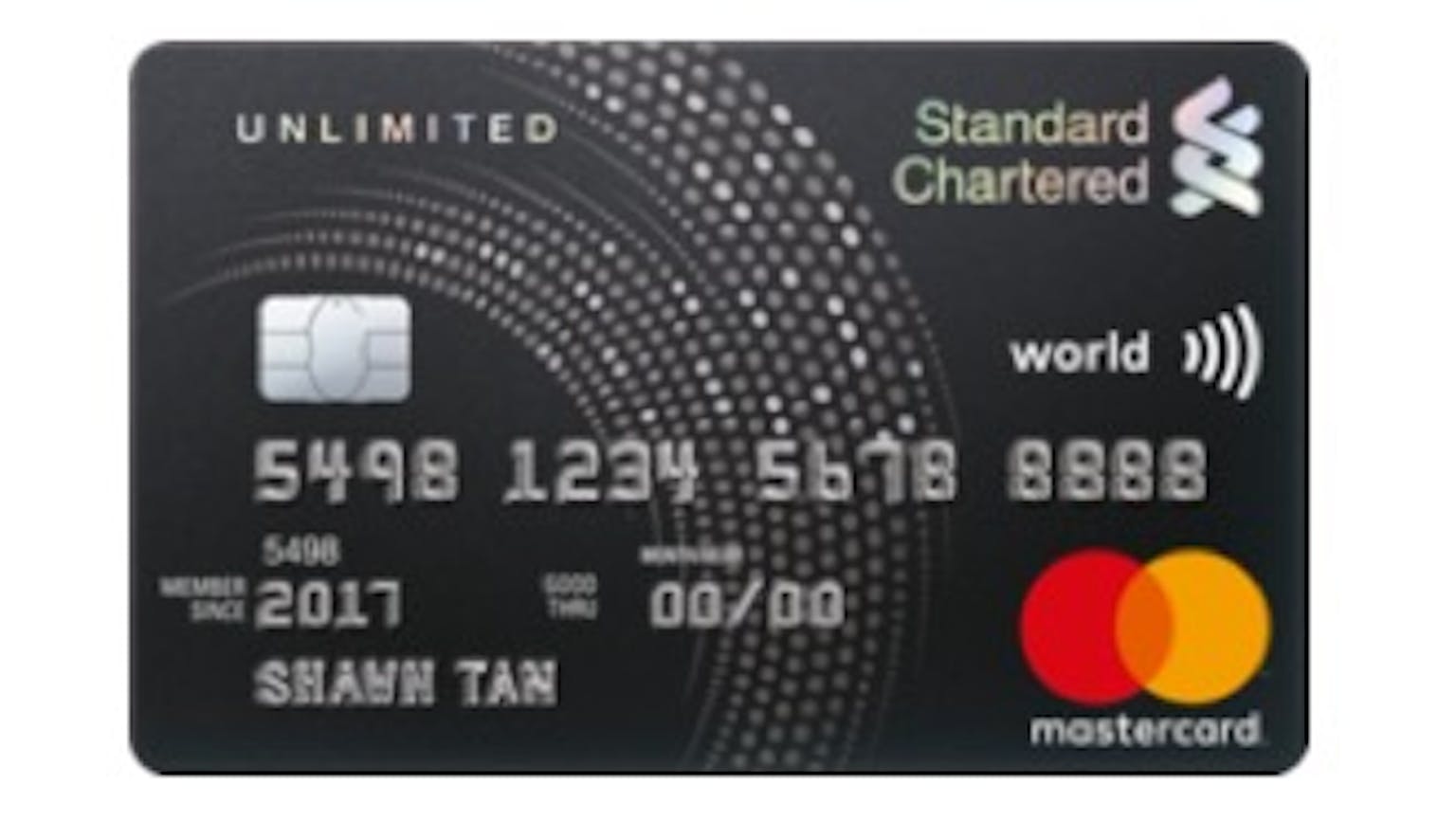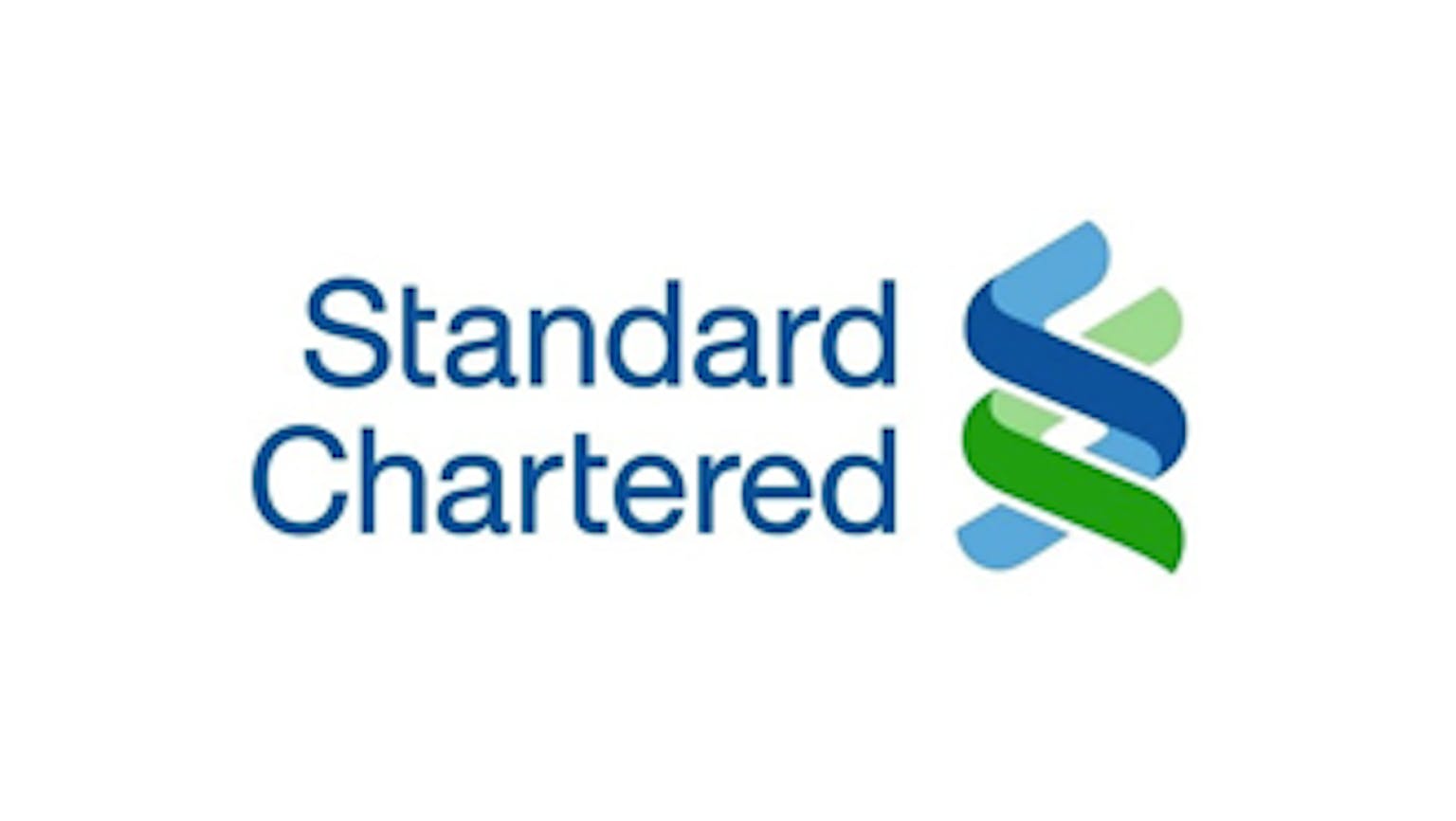3.0 |
Questions & Answers about Standard Chartered Rewards+ Credit Card 2024

Rewards+ Credit Card is high-quality for shoppers with a specialized predominant card–such as a shopping card–who would like to maximize rewards for dining and overseas expenses, beyond the base fee provided with the primary card.

Standard Chartered Bank Singapore
Standard Chartered Bank in Singapore is an integral part of an international Banking group as it is where the bank opened its first branch in 1859. After about 150 years, the bank is still adherent to its purpose which was to drive commerce and prosperity through its unique diversity. In October 1999, Standard Chartered Bank was amongst the first international banks to receive a Qualifying Full Bank (QFB) license which is an endorsement of the Group's long-standing commitment to its commitment in the business. The Bank has won numerous accolades in the financial sector including the Singapore Quality Class (SQC) certification and certification for Innovation and Service which represents its sustainable business performance and robust management system. Standard Chartered banking system is present in 60 markets having has 1,026 branches worldwide and employ more than 86,000 people around the world. It is also among the top 100 largest companies listed on the London Stock Exchange and also listed on two of Asia's largest stock exchanges.

What late payment charges can one expect to pay on the Standard Chartered Rewards+ Credit Card?
Standard Chartered Rewards+ Credit Card

Who can confirm if there exist a fee for Standard Chartered’s EasyBill Payment Programme?
Standard Chartered Rewards+ Credit Card

A late payment charge of $80 is usually charged if the minimum payment due is not received by the due date. The EIR applicable on your credit card and funds transfer accounts will be adjusted to 28% per annum if the minimum payment due is not received by the due date. If you have only missed one payment, it will be reinstated to the prevailing EIR once minimum payment due is made in full. If however your account has been twice or more past due on a consecutive basis, the EIR will only revert to 26.9% once minimum payment due for the relevant consecutive months where your account was past due is made in full.